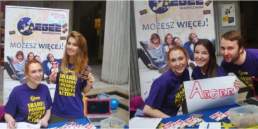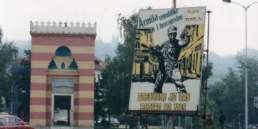Tetiana Shcherbyna was President of AEGEE-Kharkiv. The second biggest Ukrainian city is situated just 30 kilometres from the Russian border. In this interview, she gives some insight how she perceives the current Russian-Ukrainian conflict.
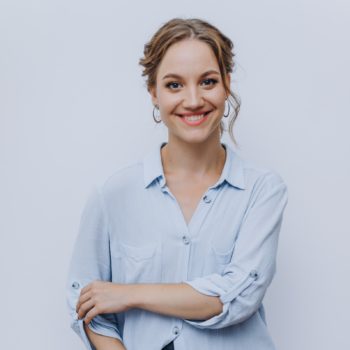
Golden Times: Hi Tetiana, you were President of AEGEE-Kharkiv from 2014 to 2016, the time when the conflicts between Russia and Ukraine started. How do you feel when you see Russian troops so close to the border?
Tetiana: Hello! Fortunately, we don’t really see any troops here! It’s more in the media than in reality – at least for now! And I hope it keeps being like that!
GT: Today where were signs of deescalation, but there are still speculations about a potential a new Russian invasion in Ukraine. Do you think the war is a probability?
Tetiana: I do hope it’s not! But it depends more on what other countries outside of Ukraine think.
GT: What would a war mean for life in Ukraine?
Tetiana: We actually are in a war situation since 2014. Not everyone sees it, because there is no physical war everywhere, but I am sure everyone feels it – because of the economic situation and because of relatives and friends who are involved somehow it that conflict.
GT: What could and should be done in your opinion to avoid a military conflict?
Tetiana: Diplomatic agreements between all the countries included in that conflict and following these agreements no matter what.
GT: What do you think about the actions of Western European countries in the conflict?
Tetiana: It’s actually all about big and powerful countries around Ukraine. It’s a geopolitical game that had its place in the past and will have a place in the future. I as an Ukrainian only hope my country won’t be a pawn in that game!
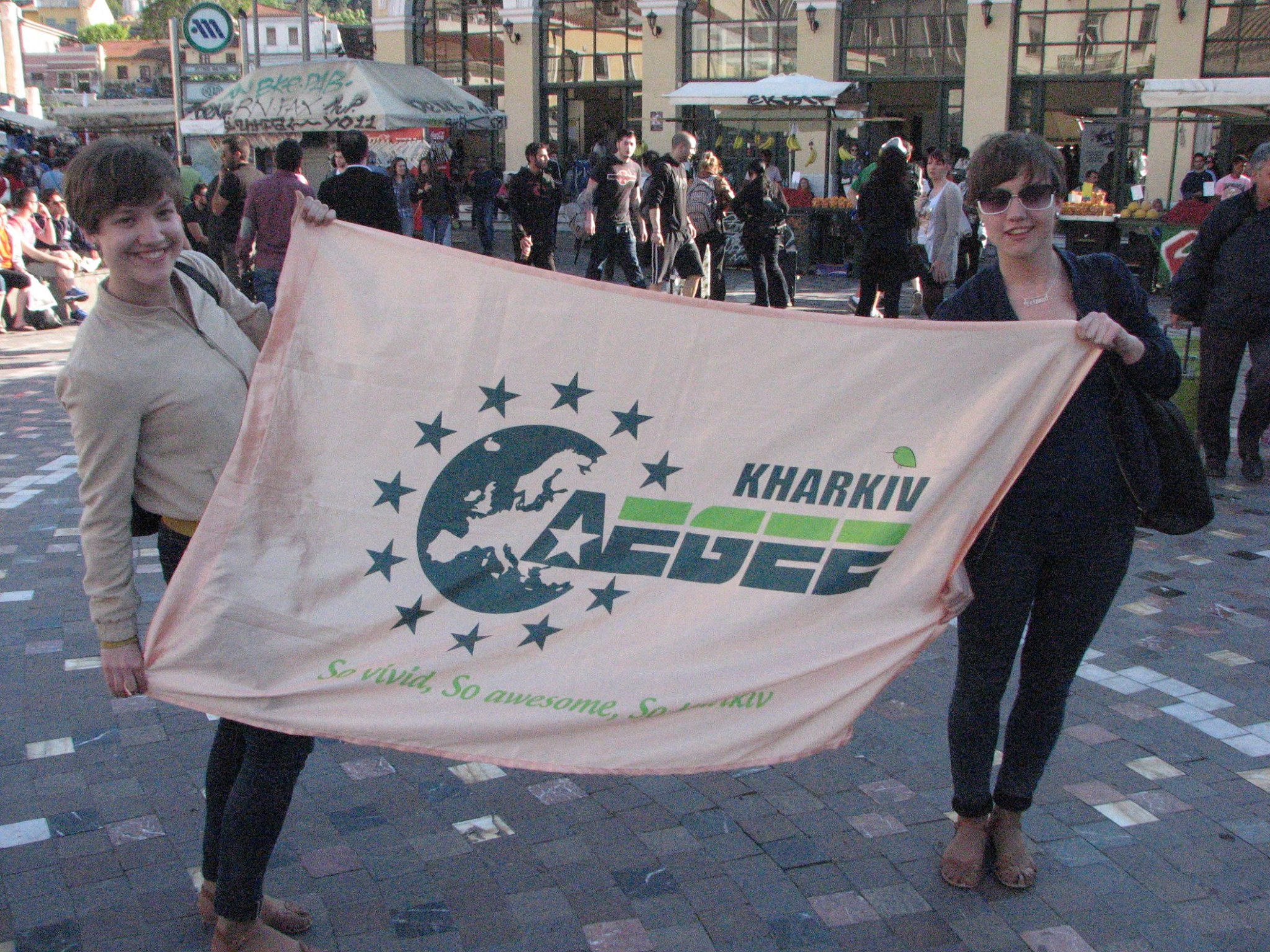
GT: How do you remember the conflicts in Donbass and Crimea in 2014? In what way is the situation similar or different today?
Tetiana: In 2014 it was a new situation. Nobody at least of our age had ever dealt with such a situation before. Now, after more than eight years, we kind of get used to it. But now we see it in the media and back then in 2014 we saw it with our own eyes.
GT: Are you still living in Kharkiv? Do you have relatives there?
Tetiana: I am traveling around. Since 2014 I have lived in UK, Malaysia and Russia. Currently I am staying with my family here in Kharkiv. I have relatives both in East and West Ukraine.
GT: Kharkiv is a special case – Ukraine’s second biggest city has a mixed population. How do people with Russian and Ukrainian ethnic background get along with each other? How Ukrainian do they feel?
Tetiana: Kharkiv is really mixed and historically it had a lot of universities and factories that were connected to the whole Soviet Union, so it is really multicultural. Also before the USSR it had been included in Russia, so the culture is very much alike. But you can’t say that it’s only Russian culture here because it is part of Ukraine and Ukraine has a very different way and identity.
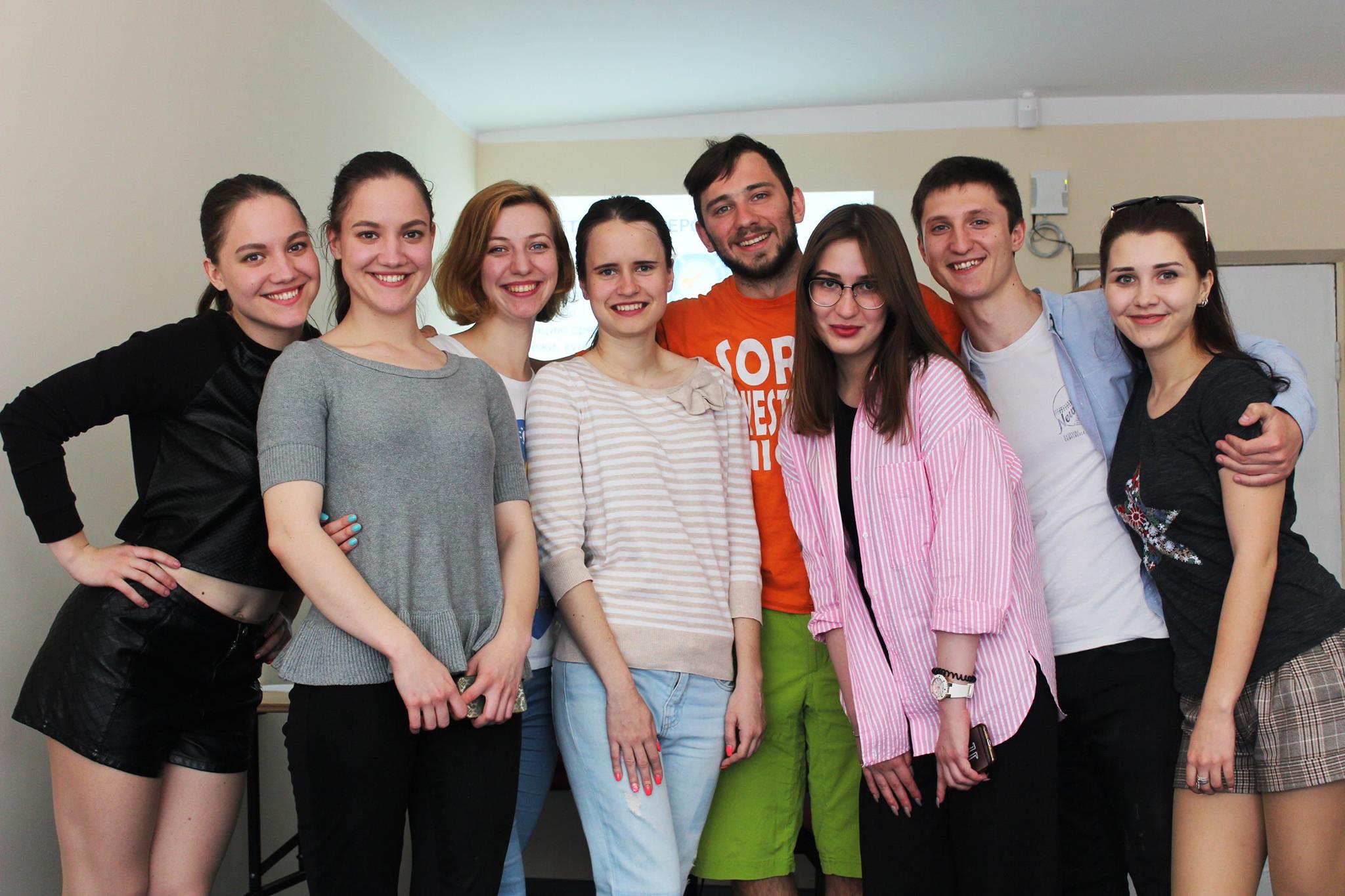
GT: Which side would the people in Kharkiv take in a new military conflict between Ukraine and Russia?
Tetiana: I think it really depends on people’s political view.
GT: Did your antenna discuss the situation in Donbass and Crimea in 2014? Or did you rather avoid the topic?
Tetiana: Back then I remember us avoiding that topic because there were different opinions of local members. But for me AEGEE-Kharkiv people were always more about the world! Even now most of the guys I hanged out with are living abroad all over the world.
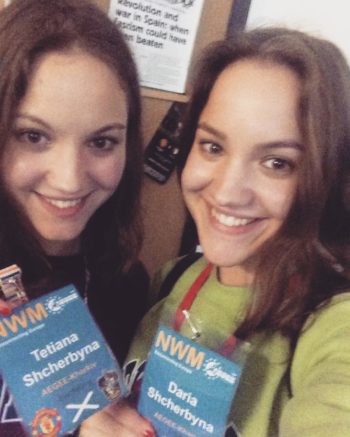
GT: AEGEE-Kharkiv was deleted in 2021, but there wasn’t much going on since around 2017. Did this have to do with the political situation or was it because of internal reasons?
Tetiana: Most of the members went living abroad or started having a full-time job, family, kids etc. I doubt it’s because of political reason because there are still a lot of universities and students here but I think back then there was nobody to hand over the local.
GT: AEGEE’s potential is in bringing a personal local perspective about political and cultural issues to the members across Europe. How could AEGEE do this in the current conflict?
Tetiana: The best thing I have learnt from AEGEE is that it is a community and to focus on cultural differences yet unity. And this is the best thing to do now – seeing all the different points of view and trying to see the unity in us. Because no matter where we live or what political situation is in our country – we are just human after all!

